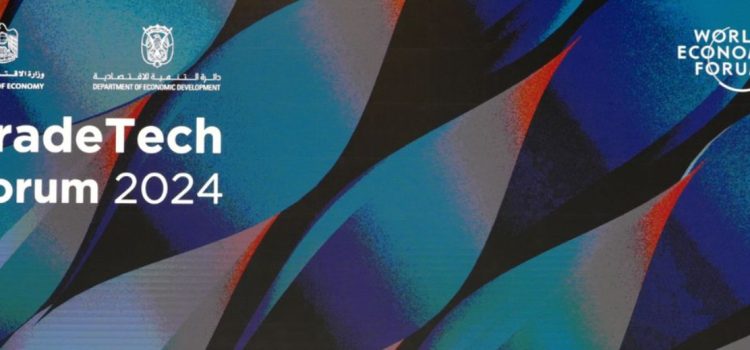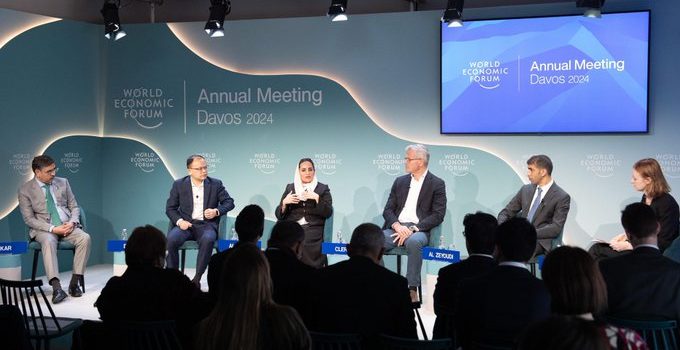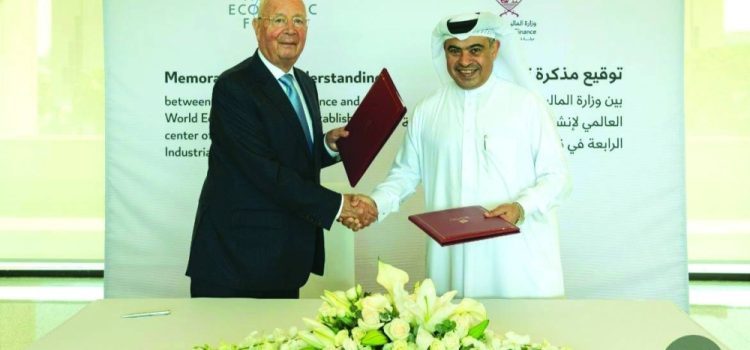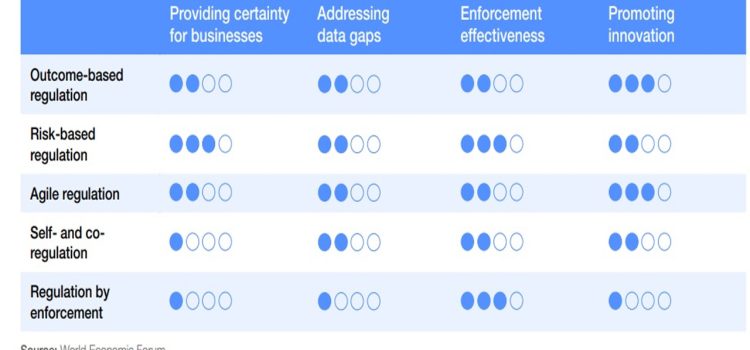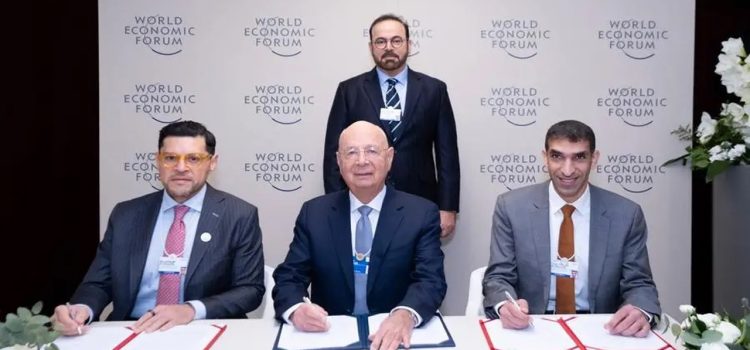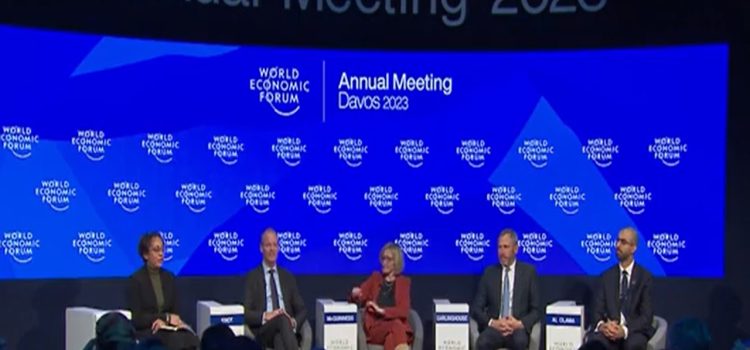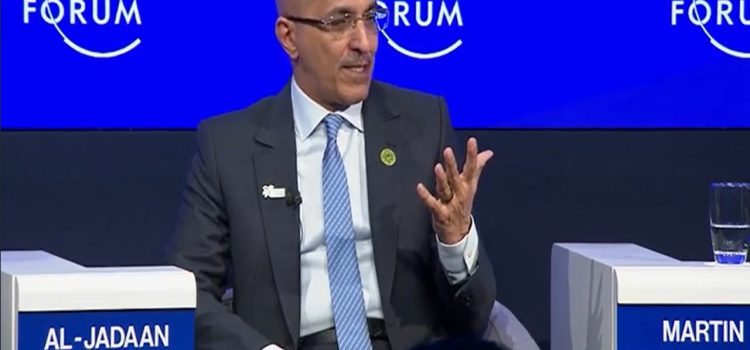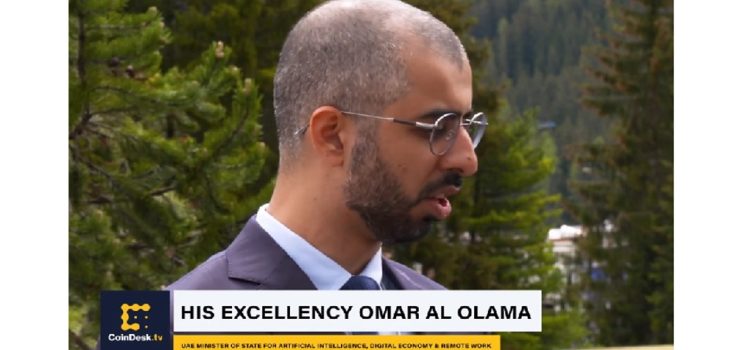As HE Omar Sultan Al Olama, Minister of State for Artificial Intelligence, Digital Economy and Remote Work Applications participated in the WEF session ‘Finding the right balance for crypto’ announcing that the UAE has not licensed a single crypto exchange, concurrently the Dubai based Virtual Asset Regulatory Authority (VARA) affirmed this on its website in its latest announcement.
Al Olama told audiences at WEF, that the regulations in UAE are not light. There are extensive regulations at VARA. He affirmed, “ UAE has not issued a single licensed crypto exchange in UAE neither Binance nor FTX.” He explained that there is a four step process and to date, “no one was able to onboard any customers even last week.”
Concurrently VARA stated on its website, “VARA has not granted any operating permits to date this is a four stage licensing process” VARA’s website explained, that the VARA regime is founded on the principles on enforcing responsible market participation backed by a future-proofed and responsive regulatory framework that remains technology agnostic; that collectively deliver socio-economic stability; robust consumer protection; and jurisdictional resilience.”
As such there are four stages to regulation at VARA, the first is Provisional permit; graduating to a 2-step [(2) Preparatory + (3) Operating] Minimum Viable Product (MVP) license; and culminating at the (4) Full Market Product (FMP) license.
The fourth stage takes into effect after regulations have been tested within the regime. As such according to VARA every Virtual Asset Service Provider [VASP] must go through all 4 stages in this current environment, wherein VARA expects to evaluate, observe, and only then authorize suitably qualified entities to undertake any market servicing activities under its licensing regime.
VARA then clarifies that at this stage the only licenses that have been issued are Stage Gate (1) Provisional or (2) MVP-Preparatory to enable VASPs to fulfill all pre-conditions, and undertake readiness steps establish offices, onboard employees with work visas, secure domestic bank account etc. prior to being in a position to undertake any market operations.
So VARA affirmed that no VARA licensee has, to date, been awarded an MVP-Operating permit.
Each VASP that is awarded an MVP license must comply with the [MVP License Conditions Document] issued by VARA, and strictly adhere to the licensing conditions outlined in the appended letter. One of the MVP conditions is that VA activities during this phase may only be provided to qualified and/or institutional investor segments.
Mass retail consumers are strictly prohibited until the Stage Gate (4) FMP license approval has been secured. [Virtual Assets and Related Activities Regulations 2023] will stipulate relevant licensing conditions and requirements.
VARA adds that when it publishes its full market regulation, it will enable borderless economic opportunity across the global VA industry, protecting investors and market participants, backed by active enforcement of all regulatory requirements beyond security and cross-border compliance including those pertaining to custody and segregation of client money; prudential requirements (viz. insurance and liquidity cover); FATF compliance, market manipulation and/or abuse prevention.
In terms of Virtual Assets Exchanges, VARA has awarded Binance (MVP Preparatory License Issued) while Bybit, Crypto.com, Equiti, GCEX, Huobi, and OKX have provisionary approval and started the process.
In terms of Virtual Assets Payment Services, Zamp has applied and have provisional approval.
In terms of Virtual Assets Broker – Dealer services those who have applied and been granted provisional approval include BitOasis, CoinMENA, MidChains and Scallop
Virtual Assets Issuance Services include Calvin Cheng Web3.0 Holdings, Hike, Monstera, Prypto, Woonkly Labs, and Xfinite
While under Virtual Asset Custodians only Hex Trust (MVP Preparatory License Issued) and Komainu (MVP Preparatory License Issued)
Virtual Assets Management/ Investment Services: Amber Group, BRE Holdings, Brevan Howard, Fintonia Group, NineBlocks, NOIA Capital, TPS Capital and Q9 Capital have all been granted provisional approvals, first stage.
Al Olama also noted at the WEF session that the job of a regulator is to try and be proactive and to protect people as much as possible whenever people adopt a technology. He states, “In UAE we have a young population so we need to ensure that we regulate fast because youth are early adopters. He added, “The UAE wants to protect talent since we aim to be the country with the highest per capital talent on earth.”
According to him there are other sides of crypto such as Web3 and UAE wants to attract Web3 and Blockchain talent. Blockchain is a technology of the future given that traceability cannot be removed. This according to H.E. Al Olama is a positive thing for the world as it is easier to trace someone who transacts through Bitcoin than through hard cash.”
He ascertained that regulators across the board need to work together. First bad actors should not be able to move from one place to another, and the same incidents should not be repeated tomorrow.
In terms of DeFi Al Olama believes it is is evolving and is least regulated. He states, “ We want to jump into each vertical on its own, the only issue we have is that while the UAE government can move fast if we work with other governments as teams and we all scrutinize every single vertical it is better as we cannot wait for next catastrophe.”









